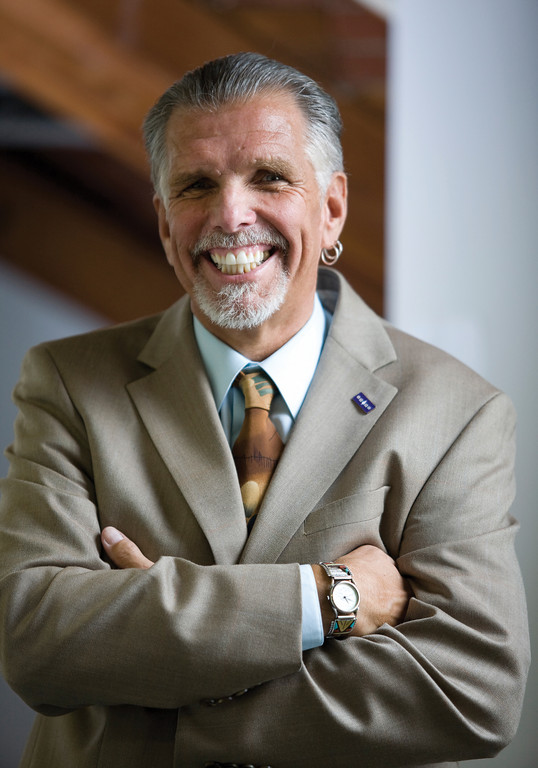
The Providence Center’s Anchor Recovery Community Center, a support program for people in recovery, opened in December 2010 and in that time has helped 100,000 visitors with economic and social services including support groups, employment and housing assistance, and family and holiday events.
The center averages 6,500 visits per month.
James Gillen, associate director of recovery services at The Providence Center and manager of the Anchor Recovery Community Center, says the program’s success proves that it was much needed.
PBN: Why is this milestone so important? Is it reflective of the fact that making help available will inspire those in need to seek that help?
GILLEN: We know that Rhode Island has a problem with substance abuse – the highest rate in the country – what 100,000 visitors at the Anchor over a 20-month period shows is that Rhode Islanders are looking for a solution to the substance abuse problem they see in their own lives, their family members’ lives and their communities. If you give people the tools to make their lives better and a healthy environment to support them when they need it, recovery becomes a part of everyday life.
PBN: What are the basic things the Anchor Community Center hopes to provide those in recovery?
GILLEN: Through the Anchor we have been able to figuratively and literally bring recovery to Main Street. The Anchor is a space on Main Street in Pawtucket where people come to meet other people in recovery, participate in yoga classes, receive employment services, meet with peers one-on-one who have been trained as recovery coaches, attend groups or bring their families to BBQ’s, visits with Santa, open mic nights, basketball tournaments, and other events. The Anchor has also been a means to help the broader community understand that people with histories of substance abuse problems can and do recover and that providing places like the Anchor helps to ensure that people stay in their communities as active, contributing members.
PBN: Why does the program work?
GILLEN: The Anchor and The Providence Center’s services work because we serve the whole person. The Providence Center believes in integrated care that looks at the person’s mental health, substance abuse, primary care, and social supports as all contributing to the person seeking recovery’s barriers. We recognize that recovery is harder to achieve without a job or housing. We talk to each person and ask them what they want to achieve, what are their strengths, what are there barriers. Then we work together to create a plan that helps give each person the tools they need to make their goals a reality.
PBN: Are there any plans to expand its services?
GILLEN: Recovery services are always expanding. The more we demonstrate how important recovery services are the more people are approaching us to broaden our reach. Last year we began providing recovery services within the prison system. This September, we are opening Rhode Island’s first recovery high school and soon we hope to open a second Anchor Recovery Center in Kent County to make access easier for Rhode Islanders across the state.
PBN: What else is on the Providence Center’s priority list right now?
GILLEN: We are working to make all behavioral health services innovative, integrated and recovery oriented. Our priority is making sure that everyone we touch receives services that make a difference in their lives. To do that we make sure that people get the treatment they need, but also make sure they have safe housing, that their health care problems are being taken care of, that they have social supports and that they have somewhere that they feel safe, supported and happy, like the Anchor.











